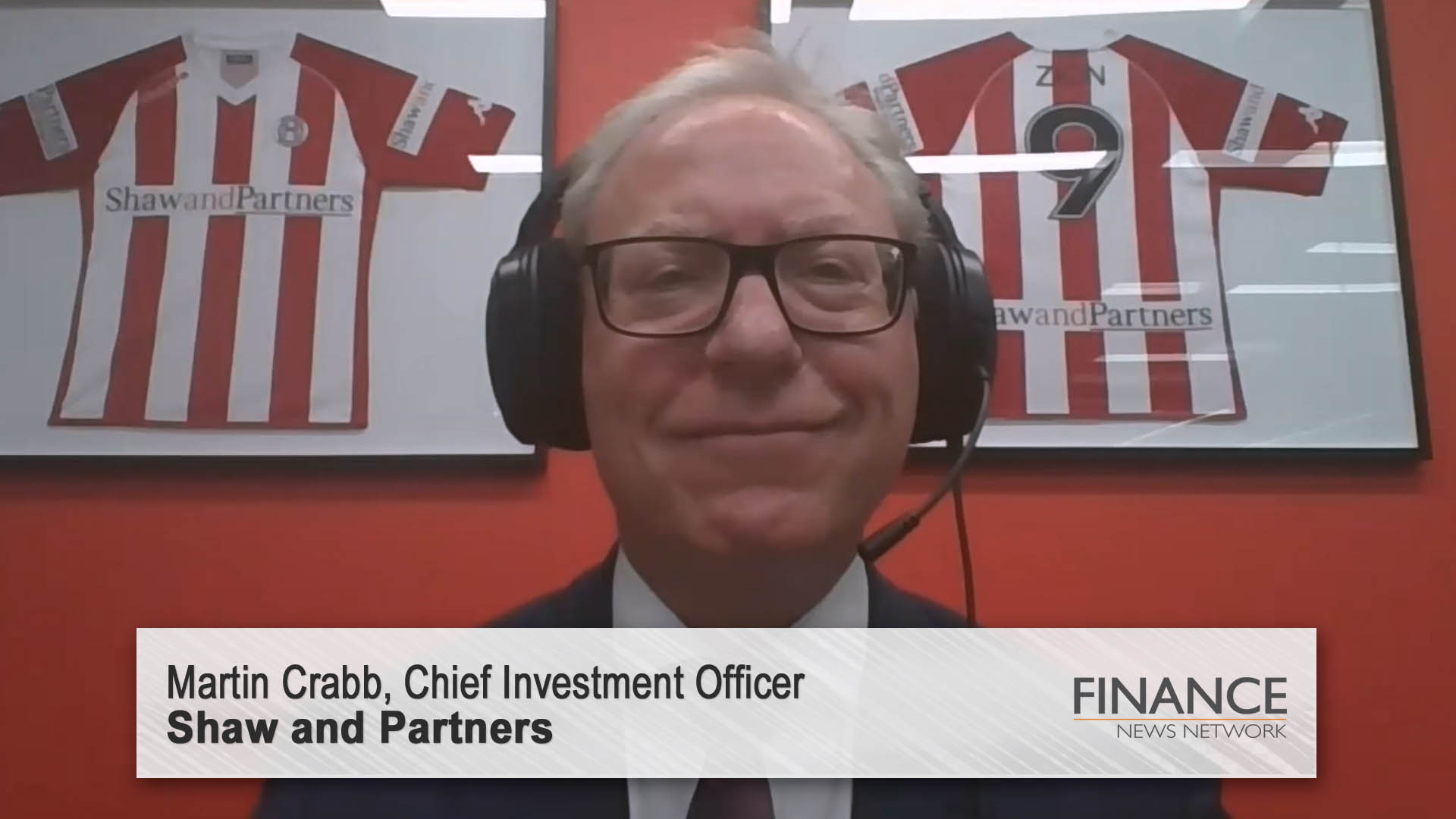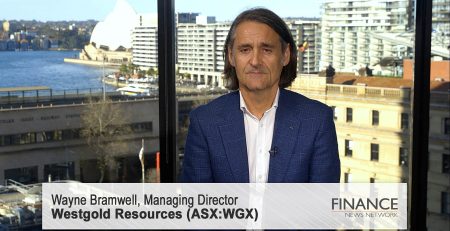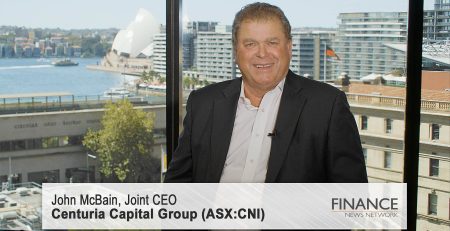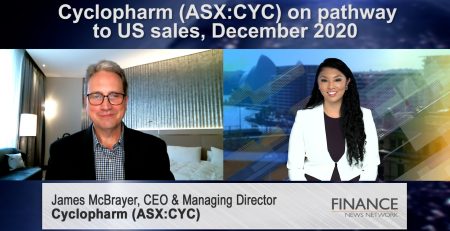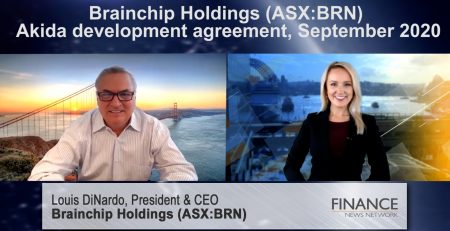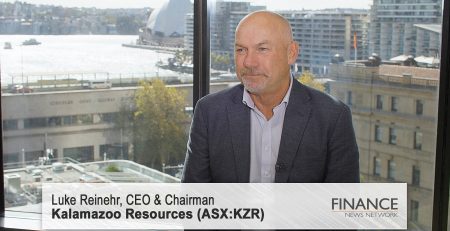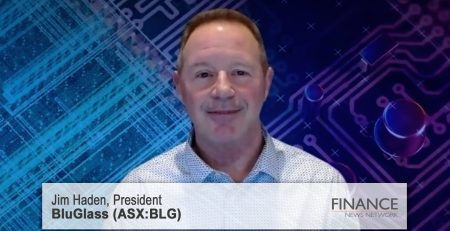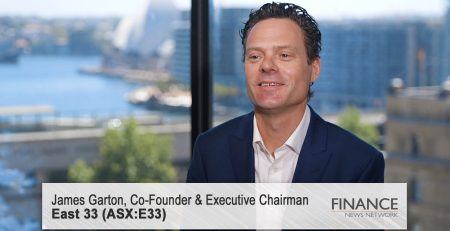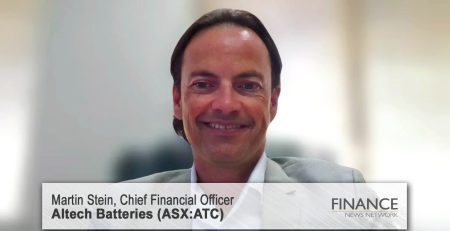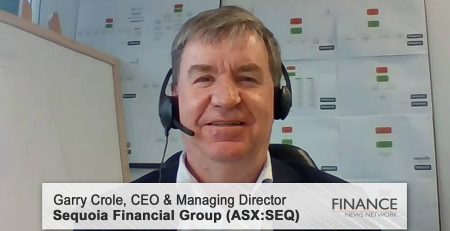Market update with Shaw and Partners, November 2020
Shaw and Partners Chief Investment Officer Martin Crabb discusses to the current economic climate, inflation, and government and central bank reactions.
Thanks Clive, and welcome everyone to another FNN investor event. Shaw and Partners are a very proud co-sponsor. Some of you will have heard me talk before. I'll try not to say the same things I did last month, which is always a challenge. But I'm just going to spend about five or ten minutes just talking about, I suppose, how we're seeing markets and how we're framing investment portfolios for 2021.
Most of us will be happy to see the back of 2020. It's been a year where you've had to throw out the rule book. Not a lot of what we learned in business school or university has really applied too much for this year. It's been a tricky one to navigate for markets. But just trying to get a sense of where we are today and where we're likely to move forward, we almost have to go back to the early parts of last century and particularly the Great Depression, which was a significant demand shock. So, if you think of what happened in February and March this year as a significant demand shock, not dissimilar to the one that we saw in the 1930s, and then how the governments responded back then, that gives us a little bit of a view into the way governments and central banks are thinking about things at the moment.
So, probably the first parallel is not knowing where the bottom is. So, during the Great Depression we had 25 per cent unemployment in the US. It was probably higher than that in Australia and the UK. And that had never really been witnessed before, so it's difficult to see the bottom. So, when you're a central banker or a government official, you've got to throw the kitchen sink at it, there's no point being staged. So, what we've seen certainly from governments and to a lesser extent from central banks is basically the kitchen sink has been thrown at it. And a good example of the way central banks in particular are thinking about things at the moment, are both the Reserve Bank minutes from this morning (if you've had a chance to look at them, Governor Lowe's quite cautious about the economy), and also Christine Lagarde's addressed the European Central Bank last week, where she was also very guarded about a second downward wave.
So, the issue there is the trade-off between a vaccine for the coronavirus and the almost exponential growth in new cases that we're seeing around the world. So, I'm not an epidemiologist, but I've had a little bit of a look at the vaccines, because it's pretty interesting. So, the MRNA, messenger RNA technique that's been deployed both by the Pfizer vaccine from last week and the Moderna vaccine announced last night is groundbreaking technology. It's never been used in a drug before, so it's exciting if you're in that field as a therapeutic method or a vaccine method to fight this coronavirus. It's pretty exciting. And obviously the Moderna virus vaccine seems to be a better one than the Pfizer one, certainly from share market movement, but also the refrigeration and transport logistics required are a lot less than with the Pfizer vaccine.
So, we've got a vaccine, we've got two vaccines. We might even have more. There's some viral vector vaccines in stage three or phase three clinical trials at the moment. So we'll get data on that as well.
So we know there's a potential “cure”, for want of a better term, but we're very unclear as to how deep the coronavirus-induced recession is. So central banks are being very cautious. You will see the daily infection numbers or new case numbers in the US seems to be growing at a rate that'll see it potentially reach one million new cases a day by the end of the year if they don't do something to lock it down. And obviously that's got significant implications, not just for the health and safety of people, but also the economic activity. So, we should see, despite what President-Elect Biden might be saying, or President Trump is saying about a lockdown, we should see some more governors look to shut down their states and more European countries shut down their economies to fight off the virus infection rates, and at least get a lid on this until the vaccines are available next year.
So, in this circumstance with so much uncertainty, the central banks are going to be accommodative. In fact, there's even talk of more stimulus. So it does, again, it feels like the 1940s where the central banks and the governments agree to keep interest rates low for an extended period of time. In fact, there was an upward bound on US 10-year bond rates until the 1950s. 1952, I think. So, we had 10 years of fixed low interest rates back then. We might get a similar outcome now, which for investors is a two-edged sword. For savers, it's diabolical. You cannot get a return on your cash. And we've often laughed at the Europeans having negative rates, but we've got pretty close to zero rates here in Australia, so there is still tens of billions of dollars, hundreds of billions of dollars sitting in household savings deposits earning little or no interest. And that is unlikely to change anytime soon.
So, in order to achieve a return to match inflation, let alone beating inflation, you've got to move into risk assets. So the question is, how far do you want to, or can you afford to move into risk assets? So some people call that a melt up. So, as money's moving out of low-risk investments into high-risk investments, you're just pushing the price for those up. Now, we've seen the equity market reprice pretty quickly. We're starting to see the real estate market move. The residential real estate market in Australia is starting to move. The commercial real estate sector is still a little bit concerned about the impacts of working from home and what that means for shopping and office, but we're certainly seeing a melt up in those asset classes as well.
So, it's a difficult environment to be an investor. There's no real rule books. What we are trying to do is to frame this in terms of a war-like outcome. So rather than fighting fascism or a despotic leadership, we're fighting a virus, and basically the governments of the world and the central banks of the world are treating this like a war. They're very, very happy to take on significant amounts of debt, and they're very happy to keep interest rates very low for a long period of time.
So, the other flip side to that is if we have such accommodative monetary and fiscal policy for years and years to come, what does that mean for inflation? Because basically the only real cost of doing what the central banks are doing is that they are going to cause inflation.
Now, we've all got used to deflation. If we think about what it costs to travel overseas 20 years ago, it's pretty much the same cost today. If we look at the price of a new car, it hasn't really moved significantly. We look at a lot of television sets and home electronics. The price has actually come down every year. So, we're really not used to inflation. And as investors we've had this long free lunch of no inflation but high interest rates and asset price returns. So, we do think it's worthwhile hedging inflation in portfolios. And you can do that by buying equities, but in particular cyclical equities. So think about the companies that are going to do well when inflation's picking up.
So, energy is an obvious one. A less obvious one is banks. So, as inflation picks up, you have asset price inflation. With asset price inflation you have less bad and doubtful debts. So, we think energy and banks are two sectors of the market, both here and around the world, that you can look at, but also just in terms of the outlook for resource share prices that we have strong inflation and strong growth, we should see resource shares do well.
So, there's some thoughts and outlooks. Obviously, stick around, enjoy the CEOs that are talking today. I'll leave it there. Thank you.
Ends
Copyright 2020 – Finance News Network
Source: Finance News Network

